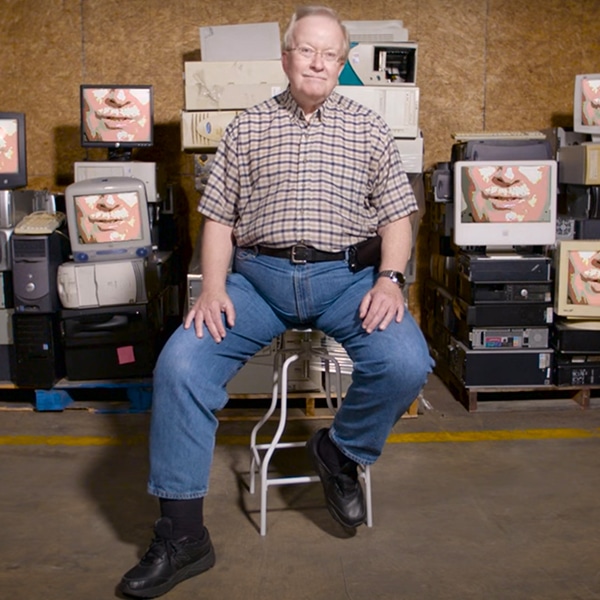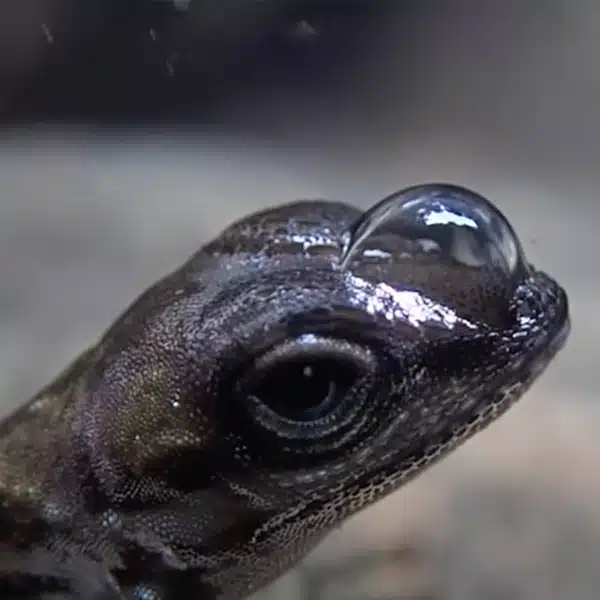
Photo: Stock Photos from vchal/Shutterstock
Thanks to campaigning by one young boy, more people in England may see their lives saved due to organ transplants. Max and Keira's law, which went into effect on May 20, changes England's organ donor system. Now, instead of having to opt-in and sign up with the NHS Organ Donor Register, adults will all be considered organ donors unless they opt out of the system.
It's estimated that this could lead to 700 additional transplants per year by 2023, which is good news for those on waitlists. Typically, the NHS completes about 4,000 transplants a year, however, the UK Transplant List currently has about 6,000 people on it. In 2019, 400 people died while awaiting a transplant.
By changing the law, the health system is hoping to capture some of the 80% of adults in England who say they would consider organ donation. To put things into perspective, of that 80%, only 40% had actually taken the measures to opt in and register.
The change in the system was sparked by the story of Max and Keira. In 2017, nine-year-old Keira was in a horrific car accident with her family. While Keira, unfortunately, lost her life, her family decided that they would donate her organs when approached by the hospital. Keira's donation saved four lives, with her heart going to a young boy named Max.
Max's family then began campaigning for the new law, which was originally called Max's law. At Max's request, Keira's name was added.
‘Max and Keira’s Law’ – How right that the little girl who gave Max her heart should be recognised, becoming a symbol of hope for people waiting for an organ transplant. Thank you, Keira – you will never be forgotten @NHSBT @CHUFOfficial @TheSCT @TheBHF @inspiredbyKeira pic.twitter.com/P00A5PoWSS
— Golden Heart Book (@BookHeart) May 20, 2020
“We never thought about organ donation, at the time we thought Keira would pull through,” recalls Keira's father Joe about being approached by doctors to donate her organs. “I looked at Keira, she was a really loving girl and she loved life. If she could help someone she always would, so it was a no brainer to help others. She was lush, if you could describe the perfect child—it was Keira. Everything about her, she was an angel.”
Now, every year to mark the anniversary of Keira's death and Max's transplant, the families get together to celebrate Keira's life. It's their hope that through the new law, more people will get to experience successful transplants.
Interestingly, other areas of the UK have already been practicing the opt-in system. In Wales it's been in place since 2015 and has caused a nearly-20% increase in the donor consent rate. A version of the opt-out system will go into effect in Scotland next year; meanwhile, Northern Ireland voted to remain with the opt-in system in 2016.
While all adults are considered organ donors in England now, it's still important for people who wish to donate their organs to speak with family members about their beliefs. Families will still be consulted prior to any organ donation and have the final say. The NHS has also stated that religious and ethical beliefs will always be respected.
England's organ donor system has become opt-in. The NHS explains how families will still be involved in the decision-making process.
Organ donation law in England has now changed. You still have a choice if you want to be an organ donor, and families will still be involved in the process.
Watch our update on the law change and the impact of COVID-19. ⬇️ pic.twitter.com/wG37pH5lhh
— NHS Organ Donation💗 (@NHSOrganDonor) May 20, 2020
The NHS is hoping this will cause 700 new transplants a year and, across the internet, people are sharing their uplifting organ transplant stories.
Today, amid these horrid times, the @NHSOrganDonor law changed to an opt out system. This will save around 700 lives a year, like my Dad, who 9 weeks ago had a heart transplant, hopefully giving us the opportunity to see our beloved @QPR play at Wembley again. Forever grateful ❤️ pic.twitter.com/1Y58NkYg47
— Katie Hind (@katiehind) May 20, 2020
17 years ago next month, Connor received a life saving heart transplant, he was just 3 years old & wouldn’t have survived without it.
We will be forever grateful to the donor family that made that selfless decision to donate their daughters organs ❤️ pic.twitter.com/WgVuNSJm3s— Maria Chebrika-Shaw (@Maria_Cheb_Shaw) May 20, 2020
“I’ve been on the transplant waiting list for five years. An organ donation would mean so much for someone like me”
Today, the opt-out system for organ donation comes into force in England.
Thousands of people like Natasha can now receive the vital help they need.
Watch ⬇️ pic.twitter.com/h60iGNQS7D
— Department of Health and Social Care (@DHSCgovuk) May 20, 2020
Today, the law around #organdonation has changed, making it an opt out system. My brother had a heart transplant, giving us an amazing extra 9 years with him, and I am so grateful to his donor and their amazing family for that time. @NHSBT @NHSOrganDonor @SanchezPayne pic.twitter.com/qnRxl6zFQm
— Dr Hannah Barham-Brown💋 (@HannahPopsy) May 20, 2020
👇is what #OrganDonation looks like❤️ When a very precious young girl, who had already signed up to be an #OrganDonor, sadly lost her life in 2017 her family went on to agree to the donation and I received TWO of her organs! It saved my life!! THEY saved my life!!❤️👼❤️ pic.twitter.com/c8LUSUfGOd
— Sarah Jane (@Que_Sera_Sera72) May 20, 2020
“For many people like me, who are waiting for an organ, the law change is a sign of hope and a transplant would dramatically change my life in a number of ways.
“With the new law coming into effect, it is now more important than ever to talk about #OrganDonation. ” – Faizan pic.twitter.com/5kSetxcdIT
— NHS Organ Donation💗 (@NHSOrganDonor) May 20, 2020
h/t: [Independent, The Guardian]
Related Articles:
World’s First 3D-Printed Heart Could Revolutionize Organ Transplants
Man Receives Life-Changing Face Transplant After 56-Hour Surgery
Stuffed Animals Get Limb Transplants to Help Teach Kids About Organ Donation
Researchers Discover How to Transform Blood Types to Allow for More Transfusions






















































































